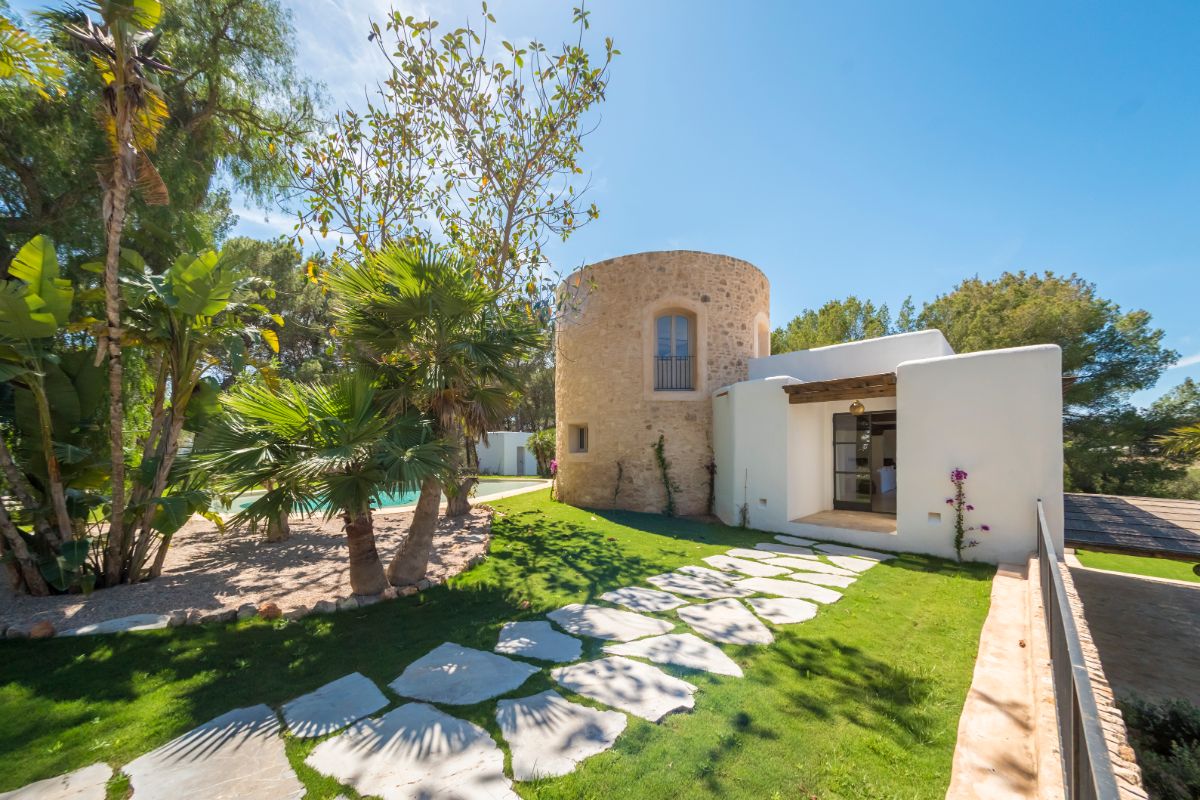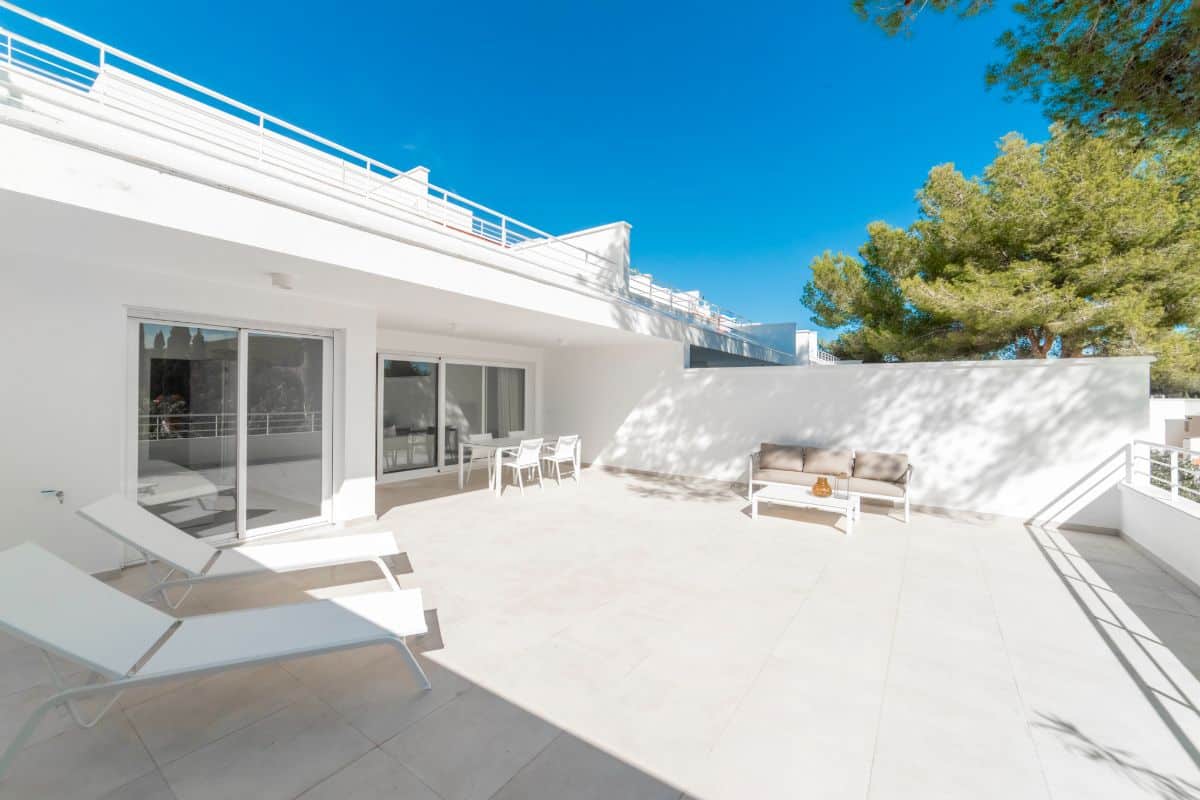
The Military Permit
One of the most significant differences when purchasing a rural Ibiza property, post-Brexit, concerns the military permit. The military permit applies to citizens from non-EU countries, for properties in some regions of Spain. This permit is required for around 1,560 municipalities across the country. The military permit arises from a pre-constitutional law dated back to 1975 and its subsequent regulation from 1978; In accordance with Law 8/1975, of 12 March 1975, on areas and facilities of interest to the National Defence, there are certain areas where access to the property by foreigners is restricted. This restriction means that foreign natural or legal persons (Spanish companies whose capital is owned by foreign non-EU natural or legal persons in a proportion of more than 50%) who intend to acquire certain properties by any title, with or without buildings, or works or constructions of any kind, must obtain a military permit or authorisation, in accordance with the provisions of Article 18 of the aforementioned Law. It seems a very obsolete restriction but it is still in force and should be taken into account. It is applicable to non-EU foreigners, even if they reside in Spain.
Which areas are affected?
- Island territories: such as the Balearic Islands, including all islands and islets under national sovereignty. - Certain bordering peninsular territories. - Spanish territories in North Africa Nowadays we have later interpretations of the law attempting to 'bind' it. The military permit is compulsory when transferring the title deed of the property into the new owner's name. Meaning, it would be impossible to register the property to yourself in the absence of this permit. For Ibiza, this permit is relevant when purchasing a property in rural areas and any areas that have recently become urbanised. This applies to any now urban areas that were considered rural in 1978. Applying for the military permit can be a lengthy, bureaucratic procedure that usually takes between four and six months to complete. The authorisation must be linked to a specific property, meaning that it cannot be obtained before you have chosen a particular home to purchase. There is no generic version of this permit, and it cannot be transferred.

Property on the photo: 16-Unit Home Development in Roca Llisa
Taxes
Taxes and expenses when purchasing property are precisely the same as before Brexit, as they are not dependant on nationality nor on residency. The fees involved with purchasing a property in Ibiza include:
- Transfer Tax - (applies to properties that are not brand new). This tax runs on a scale from 8% - 11% depending on the property's value
- VAT - (applies to new build homes) which stands at 10% of the value of the property. In this case, we also have to sum up stamp or duty tax at 1.5%.
- Legal Fees – which are generally 1% of the property price + VAT
- Notary and registry fees
- Technical report – this is not compulsory but highly recommended
- Military Permit – Alongside the permit, the client must provide all required documents, including the criminal records from the country of residency. (all officially translated into Spanish)
Another post-Brexit difference to Ibiza taxes is the IRNR. IRNR is income tax for non-residents. This version of tax is payable where the following conditions apply:
- You do not reside in Spain
- You own property in Spain
- The property is exclusively for personal use and is not rented out
- You have no other source of taxable income in Spain
Even if you do not rent out the property and do not get a direct income from the home, you still derive a benefit from owning a property in Spain in the eyes of the Spanish tax authorities. Therefore, income tax is payable. The tax rate varies dependant on which country you are resident of, with the UK now sitting in the highest of these tax bands. The biggest impact would be for those owners renting their properties, since now UK residents (not necessarily citizens), same as residents from any other non-EU country, cannot deduct the expenses anymore from the profit, and the rate to apply is a 24% instead of the 19% reserved for EU residents. Be aware that if you are buying a property in rural Ibiza to rent out as a holiday let, then different rules, regulations and taxes may apply.
